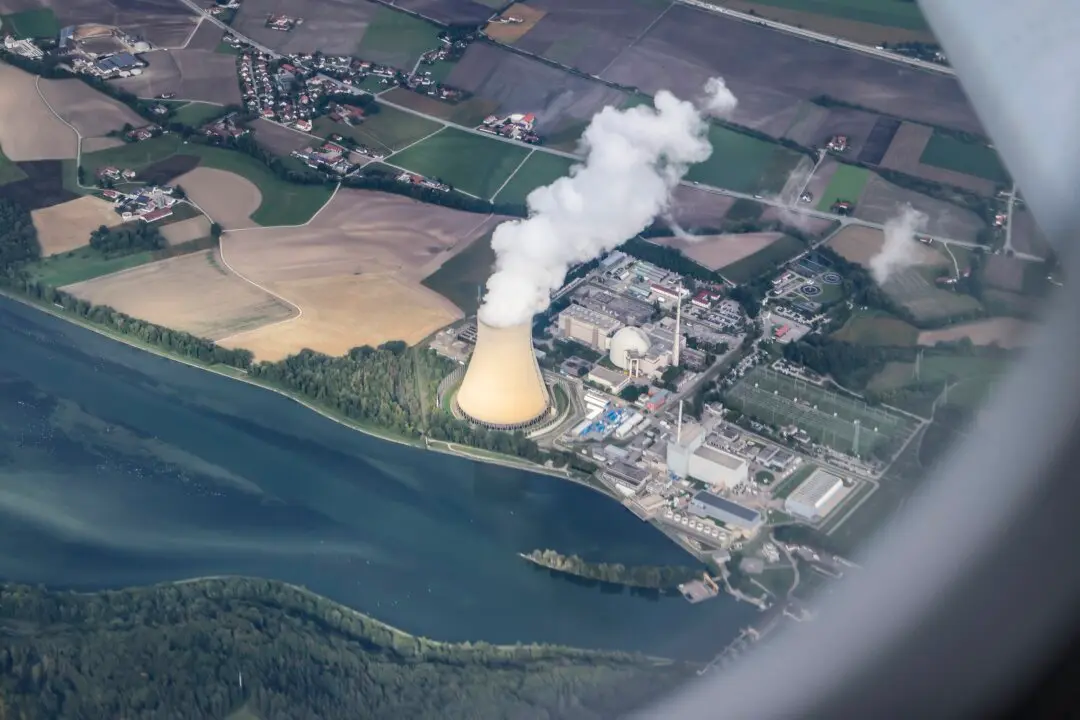Denmark’s Orsted, the world’s biggest offshore wind developer, is cutting its 2030 investment program by 25 percent as the industry grapples with rising costs and supply chain issues, the company stated on Feb. 5.
Orsted develops, constructs, and operates offshore and onshore wind farms, solar farms, energy storage facilities, renewable hydrogen and green fuels facilities, and bioenergy plants.




